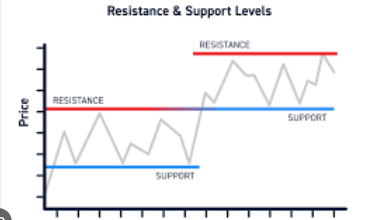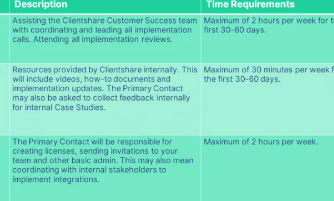What Do Landlords Need to Know About Form 1099

Are you a landlord navigating tax reporting for rental income? Understand Form 1099 to document payments accurately to contractors, freelancers, and service providers.
This guide explores Form 1099-NEC and 1099-MISC rental income requirements for issuing to individuals and businesses. Learn about payment thresholds, IRS filing deadlines, and compliance to prevent penalties.
Distinguish between 1099 forms, streamline tax filing, track income and expenses effectively, and ensure financial transparency. Stay informed to protect your rental business from non-compliance risks.
Understanding Different Types of 1099 Forms
Landlords need to differentiate between various types of 1099 for rent forms when reporting income for tax purposes. Specifically, Form 1099-MISC is crucial for reporting income related to rents. This form covers -misc rental income, including payments for office space leases or equipment rentals.
When completing Form 1099-MISC, ensure all relevant details such as the recipient’s information and payment amounts are accurately provided. Remember that specific payment thresholds trigger the need for issuing a 1099-MISC for rents received.
Completing 1099-NEC and 1099-MISC
To complete Form 1099-NEC and 1099-MISC accurately, you need to understand the specific payment thresholds triggering their issuance for non-employee income. Form 1099-NEC is necessary for payments over $600 to freelancers and independent contractors for services like landscaping or legal work.
Payments to corporations generally don’t require a 1099-NEC, but it’s essential to use Form W-9 to verify this. Compliance with 1099-NEC requirements is crucial for tax reporting.
On the other hand, Form 1099-MISC is used for reporting various non-employee income over specific thresholds, including rents, prizes, awards, and medical payments. Landlords must issue 1099-MISC for relevant payments made, ensuring they meet the specific payment thresholds outlined by the IRS.
FOR INFORMATIVE CONTENT VISIT.. : Christmas gifts
Filing 1099s for Rent Payments
When filing 1099s for rent payments, ensure that you accurately report all relevant information to the IRS. Obtain the necessary Form 1099-MISC from the IRS and fill it out diligently. Include key details such as the tenant’s legal name, address, Tax Identification Number, total rent payments for the year, any services provided by the tenant and retained security deposits.
Remember to differentiate between rental income received from tenants, which should be reported on Schedule E, and other relevant payments requiring Form 1099-MISC. Adhere to the varying deadlines for filing Form 1099-MISC based on your chosen filing method, ensuring timely compliance to avoid potential penalties.
Requirements and Deadlines for Form 1099
By January 31st, you must provide copies of Form 1099 to the recipients as part of the requirements and deadlines for filing. This step ensures that those who received income from you have the necessary information for their tax reporting.
Following this, February 28 is the deadline for paper filing with the IRS, while March 31 is the electronic filing deadline. It’s crucial to meet these deadlines to avoid late filing penalties.
Remember to include all relevant details such as the tenant’s legal name, address, total rent payments, services provided in lieu of rent, security deposits retained, and other income related to the rental property.
Extensions may be available in specific circumstances, but it’s best to file on time to stay compliant.
Exceptions, Importance, and Consequences of Form 1099
Ensure that you understand the exceptions, importance, and consequences of Form 1099 for rents accurate tax reporting and compliance as a landlord.
Form 1099 is crucial for reporting rental income, tracking finances, and avoiding penalties. It helps maintain transparency and simplifies tax filing. However, there are exceptions to consider. Payments to corporations, personal non-rent-related payments, credit card transactions, rent through real estate agents, and minimal rent properties may not require a Form 1099.
Failure to comply can lead to penalties ranging from $50 to $280 per form, increased IRS scrutiny, audits, loss of deductions, and legal repercussions for intentional non-compliance. Stay informed to navigate Form 1099 requirements effectively.
Conclusion
Now that you have a better understanding of Form 1099 and its importance for landlords, you can confidently navigate tax reporting for rental income. By accurately issuing 1099-NEC and 1099-MISC forms, meeting deadlines, and staying compliant with IRS requirements, you can streamline your financial record-keeping and avoid potential penalties.
Stay informed, track your income and expenses effectively, and ensure transparency in your rental business transactions to protect your financial well-being.






